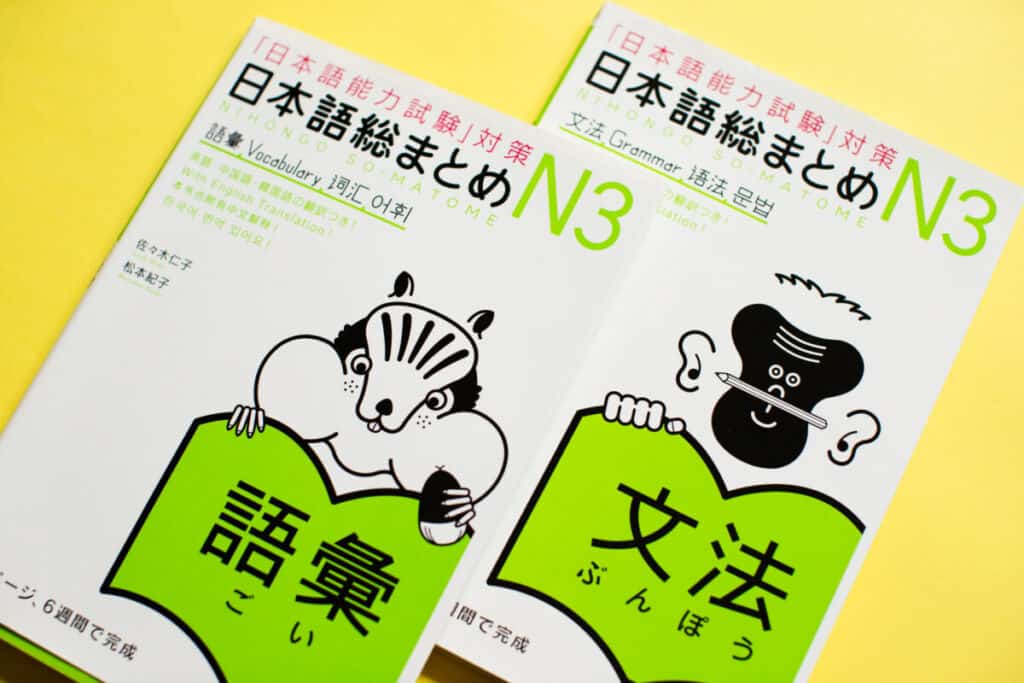Moving abroad to teach English in another country can be one of the most rewarding experiences you can embark upon. Not only do you get to help people learn one of the complex languages in the world, but you get to experience life in a different country.
In Japan, one job to consider if you want to move there temporarily or permanently is an Assistant Language Teacher position.
While it may seem like you would need specific and strict qualifications in order to teach English in Japan, it might be easier than you are assuming.

What Is An ALT?
An ALT will help a teacher in Japan teaching English to young Japanese students. These teachers will typically be native English speakers.
What Qualifications You Will Need To Teach ALT
In order to teach English as an ALT, you must be a native English speaker. You are also required to have a college or university degree.
Different school boards will be strict about your exact qualifications. For example, some school boards will want you to have teaching certifications. The majority of them don’t need this certification, however.

ESL/TEFL Training
You will not be required to have any ESL or TEFL certifications to get a typical ALT position. However, if you have these certifications, you may find a better position or a position in a more prestigious school.
It is also possible that you could be given a little bit more responsibility within your position.
Getting these certifications is not time-consuming or overly expensive depending on where you live, so it may be worth getting them before applying for an ALT position.
Do You Need To Speak Japanese To Teach In Japan?
Being able to speak Japanese is not a requirement for most ALT positions. The stipulations for this will vary from job to job.
Many schools will prefer that you don’t speak Japanese, as they don’t want you to have Japanese to fall back on when there is a struggle to communicate with a student.

Since the goal is for the students to learn English, they want you to be an expert in the English language. Since you are assisting a teacher, they are fluent in Japanese and will be able to fill in the gaps as necessary.
However, you will stumble across jobs from time to time that will want you to know a little bit of Japanese.
Don’t be discouraged from applying as an ALT if you don’t know Japanese; you will simply just get selected for the jobs that don’t require it.
What Is A Direct Hire ALT?
A direct hire ALT is someone who is employed by Japan’s Board of Education. You will be hired to teach in a particular city or region of Japan.
These positions are highly coveted and are difficult to get, with many having to work for a dispatch company before getting on the BOE’s radar.
Being a direct-hire gives you a lot more independence than working through a dispatch company. Furthermore, you work for the school and the school board, so you will report to them.

Therefore, you might be expected to be more involved in the school, from attending meetings to helping with school events.
Salaries and benefits, such as sick leave, are also much better when working as a direct hire.
There is also the potential to receive raises when you garner more teaching experience, and if you build yourself a solid reputation as a competent ALT.
What Is A Dispatch Company For ALTs?
A dispatch company can be somewhat equated to a temp agency for ALT hopefuls. If you are successfully hired by the dispatch company, you will do everything through them.
They will be responsible for finding a school for you to work in, as well as for paying your salary.
There are many reputable companies that are well-known for helping you find positions in Japan, including Interac, Borderlink, and Heart English School.
If you get hired, you will go through an orientation process to give you insight into what the job will be like.

Before applying to a dispatch company, it’s important to do your research to learn more about what specific months they recruit in, as well as what cities they are able to dispatch you to.
Different dispatch companies work with different cities, so if you have a place in mind where you would like to work, you might want to choose that dispatch company to apply to.
That being said, you don’t have much choice in where you will be placed in Japan.
Direct Hire ALT Jobs Versus Dispatch Companies
It is becoming more difficult to capture direct hire jobs than it used to be.
Dispatch companies are increasing as teaching overseas has become a more in-demand career path, so more schools in Japan are looking through those companies as opposed to those who apply directly.
You also want to do your research before signing up with a dispatch company. Make sure they have a solid reputation and you can see data related to previous teachers’ experiences.

Part of your income will go to this dispatch company, so you want to be sure they are not ripping you off.
When To Apply For ALT Positions
If you are looking to get on board with a direct-hire position, most applications will open in January. There is potential for openings to come up in August, but that doesn’t happen very often.
You will be required to fill out an application form, send references, and a copy of your degree, and you might even be asked for an academic reference.
The Interview Process
If you have applied for a direct-hire ALT position, you will receive a letter from the Board of Education telling you whether or not you are accepted. If you don’t get accepted, you can reapply.
The letter you are sent will give you a date and time for an interview. The interview questions are similar to most typical interview questions, but of course, are centered around why you want to work in Japan.
Interviews for dispatch companies will vary slightly depending on which company you apply to.
What Is Being An ALT Like?
If you are hired as an ALT, you will be assisting a teacher in elementary or junior high. You might be placed in a couple of schools at a time and work on a rotating basis.
You will usually work a typical Monday to Friday schedule, and have your weekends and holidays free.
Experience might vary depending on the teacher you are partnered up with. Some teachers might give you full reign of the classroom, while others only call on you occasionally.

JET Program
The JET Program is one of the most reputable and well-known direct hire ALT programs. It is overseen by The Ministry of Foreign Affairs, Public Management, and Education.
It can be very difficult to get hired on with this program, but it is worth trying considering how well they compensate you, how immersive you get to be with the students, and how well the program is regarded.
In order to qualify for the JET Program, you will have to have a university degree. Having ESL or TEFL training is also an asset. They tend to prefer hiring recent graduates, but they do not stipulate any age restrictions.
Tips For Getting Hired As An ALT
One of the things many experienced ALTs cite as an important attribute for hopeful ALTs is a sense of excitement about having the opportunity to teach English in Japan. Regardless of where you apply, they will want to know that you are reliable and dependable.
Whether working for a direct-hire company or the Board of Education, they are making a huge investment in you, and so they want to make sure they make the right choice.
5 Best Companies To Work For As An ALT

Next, it’s just about impossible to get any kind of ALT job without having a degree. Despite what you might read from the few rare individuals who found a teaching job without one, chances are, you will get overlooked if you don’t have a degree.
It’s also essential to keep an open mind when you start working as an ALT. Your experience could be vast and completely different from one school to the next.
You should not go in expecting to have complete control over an entire classroom or to only be expected to work with students on their English. There could be, and most likely will be, some grunt work involved as well.










